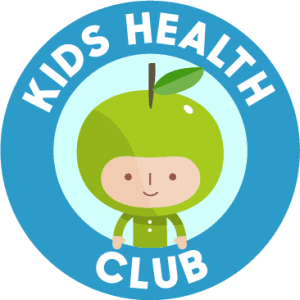Children’s Asthma – Signs & Symptoms
Asthmatic children have sensitive airways in their lungs which react to triggers causing a ‘flare-up’ where the muscles around the airways squeeze tight. This causes the airways to swell and become narrow making it harder to breathe. A children’s asthmatic flare-up can happen slowly, over weeks or very quickly, within minutes. The sudden or severe asthma flare-up is called a children’s asthma attack. Childhood asthma can cause taxing daily symptoms that interfere with sports, play, school and sleep. Triggers can include children’s food allergies, inhaling airborne pollen, catching a cold and childhood respiratory infections. Signs & Symptoms of Children’s Asthma include: ✅ Shortness...










 Kids Health Club
Kids Health Club